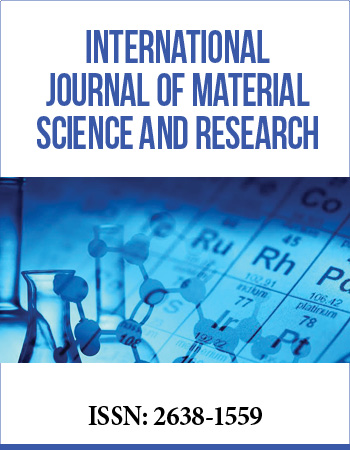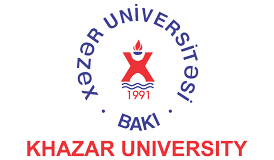International Conference on Materials Science and Research
November 16-18, 2017 Dubai, UAE
Sulfamethoxazole Residues in Vegetables Irrigated with Untreated Wastewater
1Kenyatta University, School of Pure and Applied Science, Kenya
2Kenyatta University, School of Medicine, Kenya
3Jomo Kenyatta University of Agriculture and Technology, School of Agriculture, Kenya
Untreated waste water is used for growing of vegetables in small scale urban farming. Vegetables grown or irrigated with untreated wastewater may contain high levels of antibiotics residues that are detrimental to health. Sulfamethoxazole (SMX) is an antibiotic, administered in the management of pneumocystis carinii pneumonia, pneumocystis jiroveci pneumonia, toxaplasmosis and genitourinary tract infections in HIV-AIDS patients or in cases of oral thrush infections. It is cheap and readily available over the counter even through self-prescription for management of upper respiratory tract and genitourinary tract infections. The drug is also administered to poultry and livestock as a growth promoter, prophylactic and to control microbial infections. Its presence in vegetables could induce microbial resistance and minimize drug sensitivity. The concentration of sulfamethoxazole in untreated wastewater and vegetables collected during the dry season from various sites in Ruai and Njiru from small scale urban farms along Ngong River was determined. The samples for sulfamethoxazole residues underwent solvent extraction pre-analysis and the extracts were then analyzed using high performance liquid chromatography. The untreated waste water and vegetables were found to have sulfamethoxazole residues.
Keywords: Wastewater Sulfamethoxazole Vegetables Human Health



